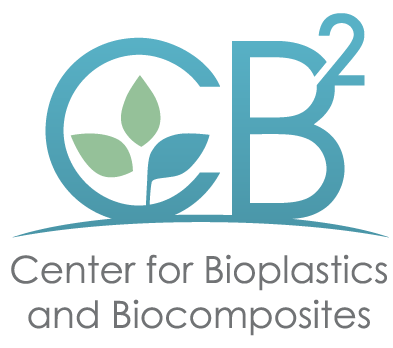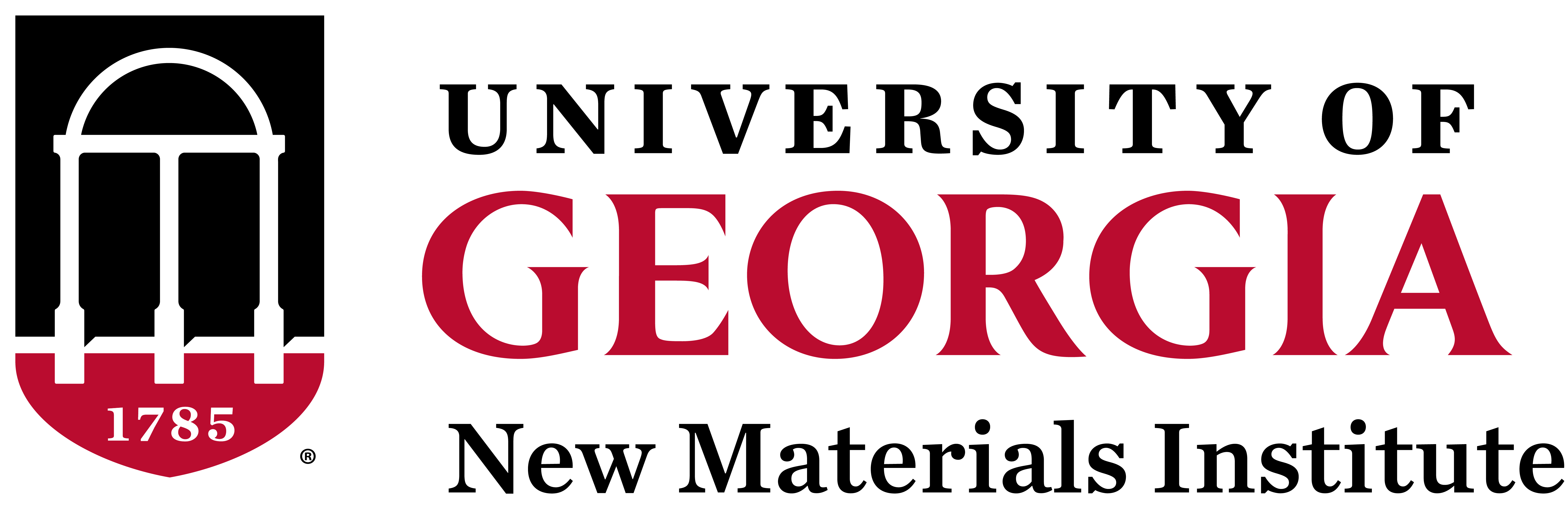UGA New Materials Institute to conduct 5 CB2 projects in 2023
Researchers and students from the University of Georgia New Materials Institute will participate in five sustainably-related projects funded by the Center for Bioplastics and Biocomposites, or CB2, for 2023.
The projects were selected by CB2’s Industry Advisory Board at its fall meeting held in November in Atlanta. The IAB meets twice a year for updates on existing research projects and to develop new projects for future funding.
Continuing projects
In 2023, UGA NMI research teams will continue their involvement in two existing projects:

The Little-Known Nylon: Nylon 59 Properties — Principal Investigators:
Eric Cochran, the CB2 Site Director for Iowa State University, and the Mary Jane Skogen Hagenson & Randy L. Hagenson Professor in the Department of Chemical and Biological Engineering within the College of Engineering;
and Jason Locklin, CB2 Site Director for UGA, and Director of the UGA NMI. Locklin is also a Distinguished Faculty Scholar in the College of Engineering, where he is a Professor of BioChemical Engineering. Additionally, he serves as a Professor in the Department of Chemistry within the Franklin College of Arts and Sciences.
Investigation of the Marine Degradability of Polymers of Interest to IAB Members — Principal Investigators:
Branson W. Ritchie, Director of Technology Development & Implementation for the UGA NMI, a Distinguished Research Professor, and Director of the UGA Infectious Diseases Laboratory.
New projects
New projects involving UGA NMI teams in 2023 are:
Bio-based Coatings for High-Performance Flexible Paper Packaging Application — Principal Investigators:
Suraj Sharma, Professor of Textiles, Merchandising and Interiors in the College of Family and Consumer Sciences;
and Sudhagar Mani, Professor of Chemical, Materials, and Biomedical Engineering in the College of Engineering.
Water Barrier Mechanisms in Bio-based Polymers — Principal Investigators:
Andriy Voronov, Professor of Coatings and Polymeric Materials at North Dakota State University;
and Sergiy Minko, the Georgia Power Professor of Fiber and Polymer Science, Department of Textiles, Merchandising and Interiors, within the College of Family and Consumer Sciences; and, Professor in the Department of Chemistry within the Franklin College of Arts and Sciences.
Utilizing Hemp Hurd. Improving Hemp Hurd Performance as Filler in Plastic Manufacturing — Principal Investigators:
Ali Amiri, Assistant Professor of Practice in the Department of Mechanical Engineering at NDSU;
Chad Ulven, a Professor and Interim Chair of the Department of Mechanical Engineering at NDSU;
Breeanna Urbanowicz, Assistant Professor, Department of Biochemistry and Molecular Biology in the Franklin College of Arts and Sciences, and a member of the Complex Carbohydrate Research Center;
and, Maria Peña, Associate Research Scientist, Complex Carbohydrate Research Center.
About CB2
CB2 is an Industry-University Cooperative Research Center and is funded, in part, through the National Science Foundation. Representatives from CB2’s industry partners comprise an Industry Advisory Board that meets twice a year to review progress on current projects and, to pitch and assess new proposals. IAB members share in the research and development costs, as well as in the intellectual property; additionally, IAB representatives work directly with university faculty, graduate students and undergraduate students to develop technologies that can be rapidly adopted by industry. The program provides hands-on training while ensuring funds and projects are focused on rapid development of tools needed by industry to further sustainability goals. Students and university researchers work under the mentorship of industry scientists and product developers from some of the biggest names in industry: Amazon, Ford, John Deere, ADM, Kimberly-Clark, 3M, BASF, Boehringer Ingelheim, Sherwin-Williams, AkzoNobel, Danimer Scientific, NatureWorks, RWDC Industries, and Avery Dennison, among others. Projects are funded through IAB membership fees, with Center/Site support funding provided by the NSF. CB2’s four search sites are located at North Dakota State University, Iowa State University, Washington State University, and the University of Georgia.
For more information about CB2, visit https://cb2center.org/home.
